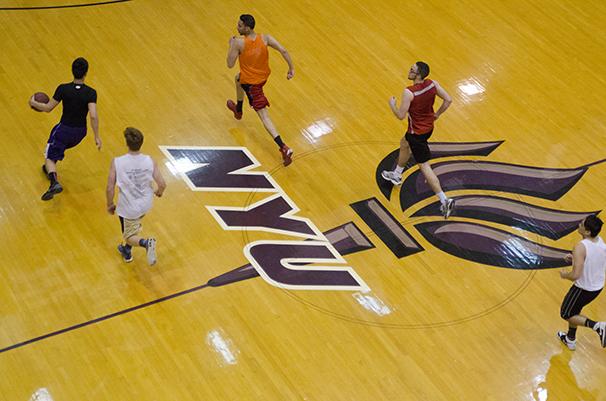
Since the end of the NCAA Men’s Division I Basketball Championship, the college sports landscape has been teeming with political buzz. NCAA Tournament MVP Shabazz Napier’s comments about not having enough to eat made headlines, drawing more attention to the financial struggles of student athletes.
This brought attention to an NCAA doctrine released mid-April, one that adds to its plethora of unfair policies, stating that all Division I college-dining services must be free for their athletes. Napier’s situation is horrifying and alarming, and no one should go hungry. But the larger issue is that Napier and other athletes are making their universities tens of millions of dollars in revenue across their respective sports.
This is a blatant show of favoritism where the money flows to the strongest programs, and a lack of consideration is given to the lower levels. Division II athletes are given much less money in scholarships, and Division III athletes, like those who go to NYU, are given none. NYU is one of the most expensive universities in the United States, and who is to say that none of our athletes are in as bad financial condition as their DI counterparts? The extra expenditure on food can be an important burden.
This ruling forces universities to spend more per athlete, but the main issue is that it creates an inequitable environment at those universities. To use an example, what gives Scottie Wilbekein, Will Yeguete and Patric Young more of a right to preferential treatment than anyone else that attends the University of Florida? Primarily, they are all students. This argument can be extended to students in universities across the country. What gives those three athletes more right to be fed for free than any of student in financial trouble? Nothing.
To stop the furthering of the NCAA’s injustice toward university students, colleges and their sports should exist as separate entities. In my view, the solution that I will lay out is the only way out without digging a deeper ditch. The athletic departments should exist only as a brand of the university, but athletes should not be students and should not earn degrees unless they meet the necessary standards of the university. This solution would resolve the question of how athletes should be compensated, as they would be paid fairly based on their ability and subsequently be groomed for their transition to professional leagues. These athletes would be paid with the money that the sports establishment creates for itself, free from archaic NCAA regulations.
Having said all of this, it seems unfeasible that DI schools would consider the solution because they would damage their money making machine. However, this sweeping approach is the best way to get out of the ideological hole in which they and the NCAA find themselves.
A version of this article appeared in the Tuesday, April 22 print edition. Francisco Navas is sports editor. Email him at [email protected]

























































































































































